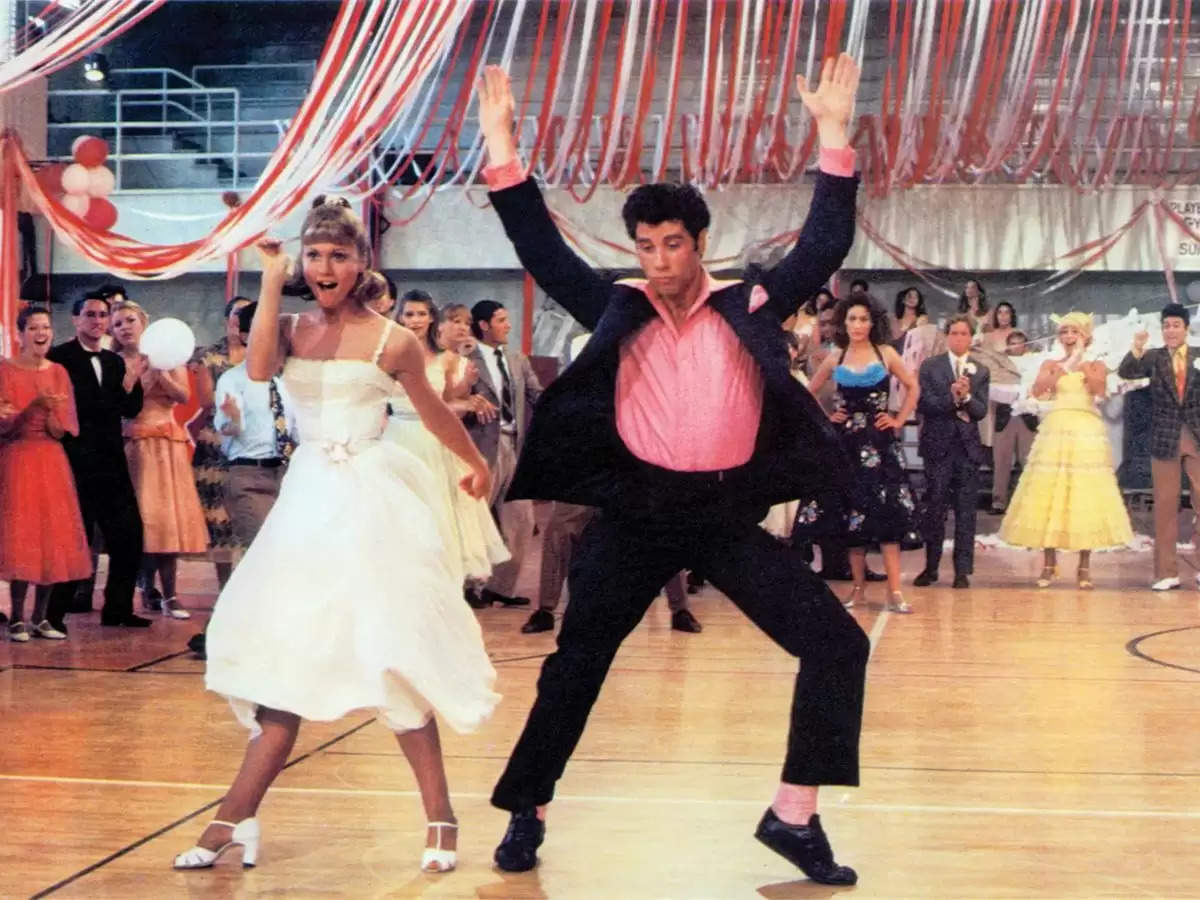Musical movies: Why is this genre still special and relevant?

Times of discover News: For BTS fans, we have something you can't miss. On Wednesday, BTS member Jin appeared on American chat show The Tonight Show. After talking about military service and celebrating the release of his debut solo album Happy, Jin turned his attention to something else. The boyband member teaches host Jimmy Fallon his signature "Super Tuna" dance step. For your information: Super Tuna is one of Jin's most popular short songs of 2021. Its full version was released in October this year.
In a video posted by the show's producers on Instagram, Jin is seen teaching Jimmy how to master the moves. "Do we need music?" Jimmy Fallon asked. To which Jin replied, "I'll teach you first." During the session, Jin explained that "chamchi" means tuna in Korean. Next, the two danced to songs that featured their Super Tuna moves and mesmerized the crowd on the show. Who knew, Jin could also be a dance instructor? Frankly, we loved it. Jin's solo album Happy which includes six songs - Running Wild, Falling, Another Level, I'll Be There, I'll Come to You and Heart on the Window, was released on October 15. Jin, dressed in a bright green puffer jacket, gave a stunning performance on The Tonight Show singing the track Running Wild.
In another segment, Jimmy Fallon mentioned that all the members of BTS gathered outside the military establishment when Jin was fired. Jimmy Fallon said, "During the summer you finish your military service. And you come back and your bandmates are waiting for you." He then showed a picture of an MRI of Jin playing the saxophone.
When Jin asked which song RM played, the Dynamite singer didn't understand. Jin confessed, "I'm not exactly sure what RM is doing. But it was something special to me. I didn't even know it was there."acTimes of discover News: It’s Musical Week here at IndieWire. As “Wicked” hits theaters, we celebrate the best of the movie-musical genre. It was the fall of 2018, and for a week, my co-writers, producers and I were on a pitch tour, taking our idea for an original movie musical to every major studio in Los Angeles. As part of our pitch, we played some sample compositions to give backers an idea of the musical environment depicted in the film and also sang a little song we planned to incorporate into the script.
For me and my co-workers, this was always a key element in moving our story forward — it was a musical story, guided by lyrics and inspired by an appreciation of our characters’ taste and vision. And when I described the situation, my writing partner sang a duet that left everyone in the room open-mouthed. These executives, accustomed to being bombarded with words all day long, were mesmerized by this sudden change in delivery.
Without fail, after the song was finished, they would pause the tune and ask where the music came from, then be surprised to learn that we had written it ourselves. After the tour, only one studio actually made an offer and, when we negotiated the terms of our contract, we were saddened to learn that, despite their initial enthusiasm, they didn't want us to write any songs until we had a script we liked.
For context, this was the first big sale for most of the team involved, and we didn't want to get into lengthy debates about the pervasive nature of music in our story, but in the end, we were able to convince the studio to sell three or more of the 12 songs in case it managed to hire the actor who was going to play the role in the film. Despite multiple drafts, all of which seemed to impress everyone involved, the studio never let us write all the music that would bring this film to life, and in exchange, we were willing to risk an unfinished vision had we not found another collaborator. - S.
I'm sharing this story not to gain sympathy or pity for a failed attempt, but to show how many challenges are faced in releasing and developing a musical (especially when it's original). And it's not because it wasn't successful ("Wonka" grossed over half a billion last year alone, and "Wicked" is looking to do the same or better) or because it didn't appeal to modern audiences. Fashion is about to change, as some would like us to believe. On a more basic level, most studios no longer have any institutional knowledge of what makes them so special, so they fail at every opportunity.
That didn't stop it from becoming a musical, but over the past two decades, very few marketing executives have really been interested in promoting it as such. For example, check out these trailers for Baz Luhrmann's "Moulin Rouge!" and Bill Condon's "Dream Girls" adaptation.

